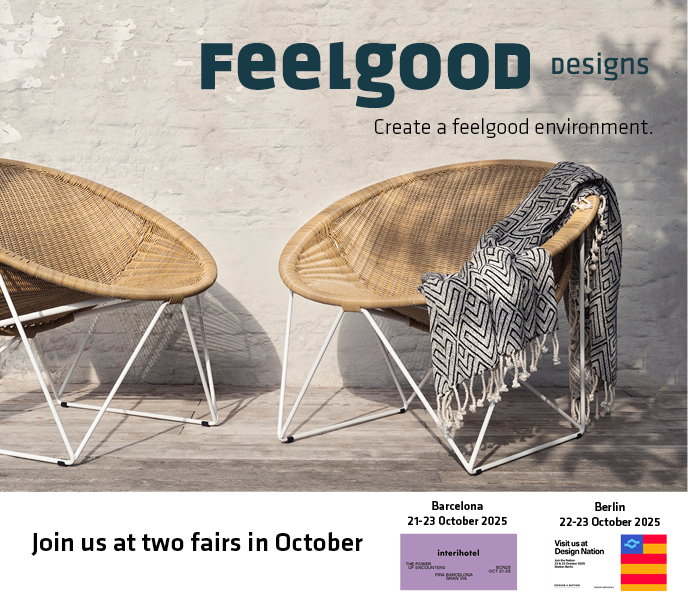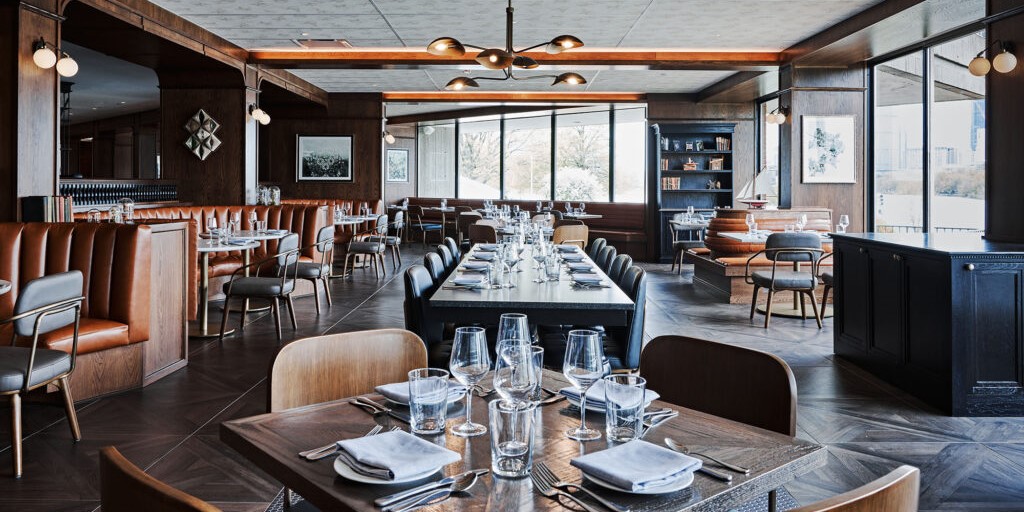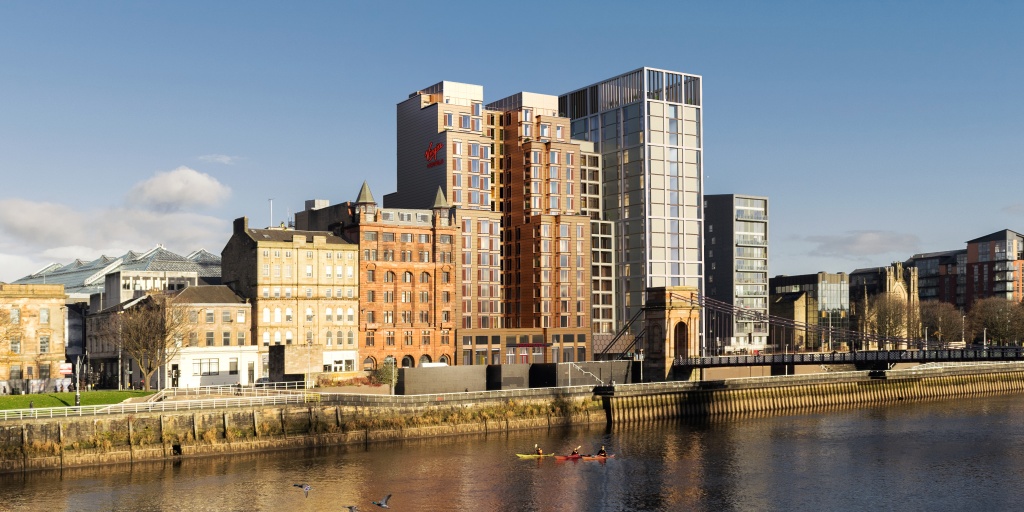The forthcoming Kruger Shalati hotel will showcase South Africa’s spectacular scenery
An iconic train is on track to be reimagined as a luxury hotel, the Kruger Shalati, in South Africa’s most famous national park.
The bridge spanning the Sabie River will once again be part of traveller’s itineraries in South Africa with the opening of the hotly anticipated Kruger Shalati hotel. We take a look inside this incredible concept, situated within one of the most picturesque places on the planet.
Bridging the generations
High above the verdant carpet of South Africa’s Kruger National Park is the Selati Bridge, which used to bring passengers into this renowned wildlife sanctuary. In former times, the train would stop on the bridge for the night, so passengers could appreciate the view over the Sabie River and wake up to marvel at the green canopy of the surrounding forest.
The first passengers to spend the night on this bridge would have done so in the 1920s. A century later, the idea is now being resurrected in the form of a unique hospitality offering, the Kruger Shalati, located on the Selati Bridge. Slated to open this autumn, the hotel will bring a much-loved form of transport back to life, and enable travellers to tread in the footsteps of their forebears.
A celebration of South Africa
Not only will the location of this unique hotel be a draw in itself, but the design of the proposed rail carriages is certain to be a thing of beauty. Drawing on local culture, South African history and African art and craft, the Shalati hotel, named after a warrior queen, will consist of 24 glass-walled carriages and seven Bridge House rooms, numbering 31 guest rooms in total. There will also be a communal lodge with a pool deck boasting a viewing platform with F&B outlets, and guests will be able to enjoy activities guided by park rangers, such as game drives and tours to catch glimpses of the local wildlife, including crocodiles, elephants, lions and giraffes.
As the hotel’s website puts it: “Thought-provoking, unique design is core to our offering, but the holistic experience is centred around our human-ness, our cultural nuances, the people involved in the making of every element, and ultimately the kindness with which we receive our guests.”






